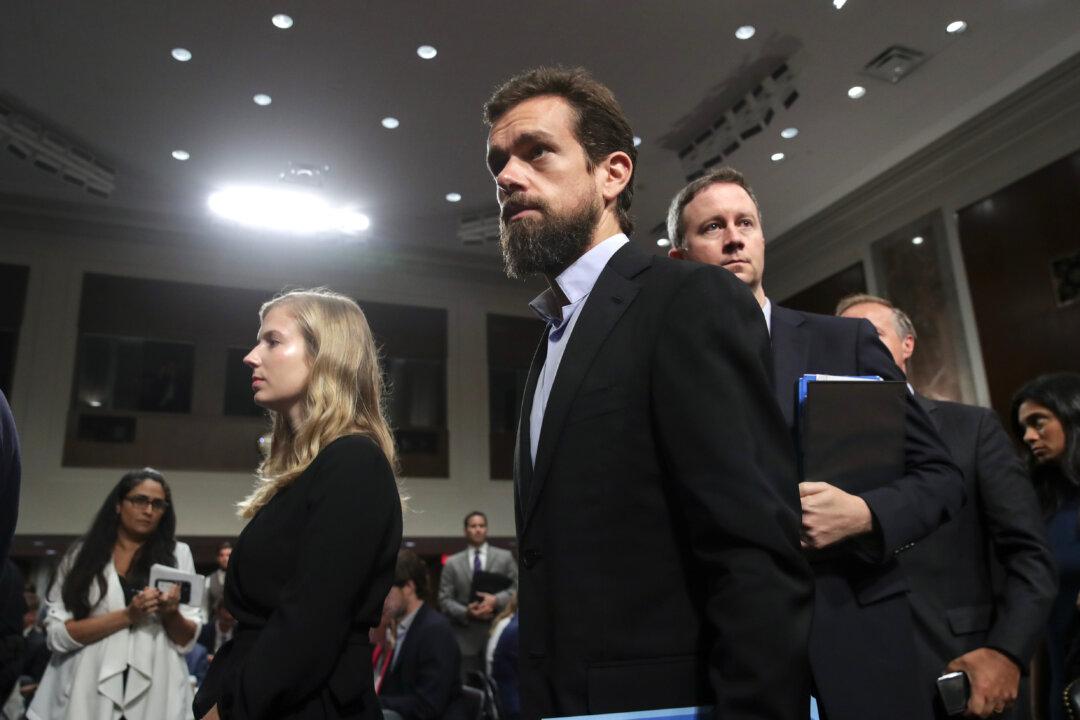Big Tech and other social media companies should be required by Congress to publish dataset collections that would enable people to see clearly what principles guide their moderation policies, Kalev Leetaru says.
Section 230 of the Communications Decency Act is being scrutinized by members of both parties, with proposals ranging from removing it altogether to keeping it in place with no changes.






